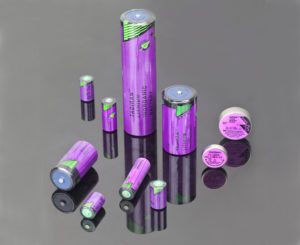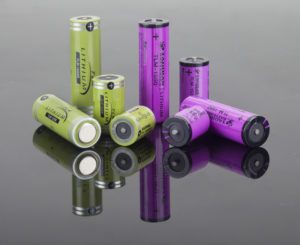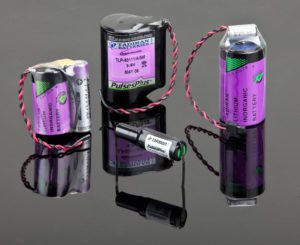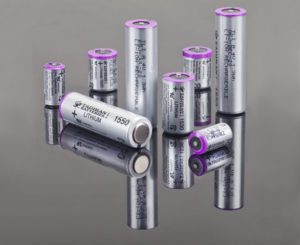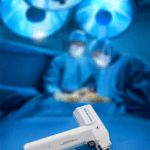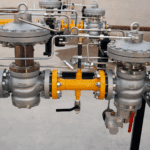Are you in the medical field and constantly on the lookout for reliable and efficient battery for medical equipment? Look no further!
In this article, we will dive into the world of batteries specifically designed for medical purposes. Whether you need a backup battery or are exploring different types of batteries, we’ve got you covered. So let’s get started and discover what kind of medical battery pack will suit your needs the best.
Types of Battery for Medical Equipment
When it comes to medical equipment, having the right battery can make all the difference in ensuring smooth operations and uninterrupted patient care. Let’s take a look at some of the different types of rechargeable batteries commonly used in medical settings.
- Lithium-ion Batteries – These batteries are known for their high energy density, long lifespan, and lightweight design, making the battery for medical equipment ideal. They are commonly used in portable medical devices such as infusion pumps, defibrillators, and handheld diagnostic tools.
- Nickel-Metal Hydride (NiMH) Batteries – NiMH batteries offer a good balance between performance and cost-effectiveness. They have a longer cycle life than rechargeable batteries and are often found in devices like anesthesia machines and surgical power tools.
- Lead-Acid Batteries – Known for their ability to deliver high currents over short periods of time, lead-acid batteries are typically employed in emergency backup systems for critical equipment like ventilators or dialysis machines.
Each battery type has unique characteristics that make it suitable for specific applications within the healthcare industry. Remember that there are various choices in the industrial battery market. It is crucial to consider factors such as device requirements, power demands, portability needs, and budget constraints when choosing the right battery solution.
Understanding these various types of battery for medical equipment use cases, from lithium-ion to nickel-metal hydride, ensures your medical device remains powered up efficiently while providing optimal patient care without interruptions.
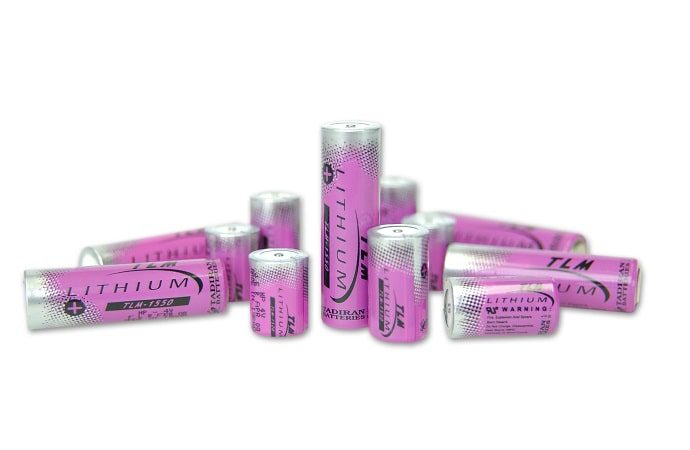
If you are looking for a non-rechargeable solution, Lithium Thionyl Chloride Battery will provide you with the best performance for your Medical Equipment
Lithium thionyl chloride (Li-SOCl2) batteries have emerged as an indispensable power source for portable and handheld medical devices. These batteries offer a unique combination of compact design, high energy density, and exceptional shelf life, making them an ideal choice for various medical applications.
Portable medical devices, such as glucose monitors, pulse oximeters, and portable infusion pumps, require a reliable and efficient power supply to ensure accurate measurements and continuous operation. Li-SOCl2 batteries excel in this role by providing consistent power output over an extended period, reducing the need for frequent battery replacements, and minimizing disruptions in patient care. Their inherently low self-discharge rate allows these batteries to remain viable even during prolonged periods of inactivity, ensuring that the devices are ready for immediate use when needed.
The compact form factor of Li-SOCl2 batteries is especially advantageous for handheld medical devices like ultrasound scanners, digital thermometers, and point-of-care diagnostic tools. The slim profile of these batteries allows for seamless integration into the device’s design without compromising its ergonomic or esthetic attributes. Moreover, the high energy density of Li-SOCl2 batteries enables these handheld devices to perform complex tasks and transmit data wirelessly while maintaining a lightweight and portable construction.
Safety is paramount in medical applications, and Li-SOCl2 batteries are renowned for their stable chemistry and reliable performance. This reliability translates to consistent power delivery, reducing the risk of sudden device shutdowns that could impact patient care or diagnostic accuracy. The extended operational life of Li-SOCl2 batteries aligns with the demands of medical professionals, who require equipment that can function reliably throughout demanding work shifts or during critical procedures. They’re definitely revolutionizing industrial battery systems.
If you’re wondering what is the best battery for your medical device, take a look at Tadiran Batteries. Our company uses an Industrial Battery Engineering approach with a focus on long life and reliability. You will find a good one for sure.
Battery for medical equipment – FAQ
What type of battery for medical equipment is recommended?
The recommended type of battery for medical equipment can vary depending on the specific device and its power requirements. However, rechargeable lithium-ion batteries are commonly used in medical equipment due to their high energy density, long cycle life, and ability to deliver consistent power. It is important to consult the manufacturer’s guidelines or the equipment specifications to determine the appropriate battery type and compatibility for a particular medical device.
How long does the battery typically last in medical equipment?
Battery life in battery for medical equipment can vary based on factors such as the device’s power consumption, usage patterns, and the battery’s capacity. Manufacturers often estimate their medical equipment’s battery life or usage times based on specific conditions.
Playing the article for the visually impaired


